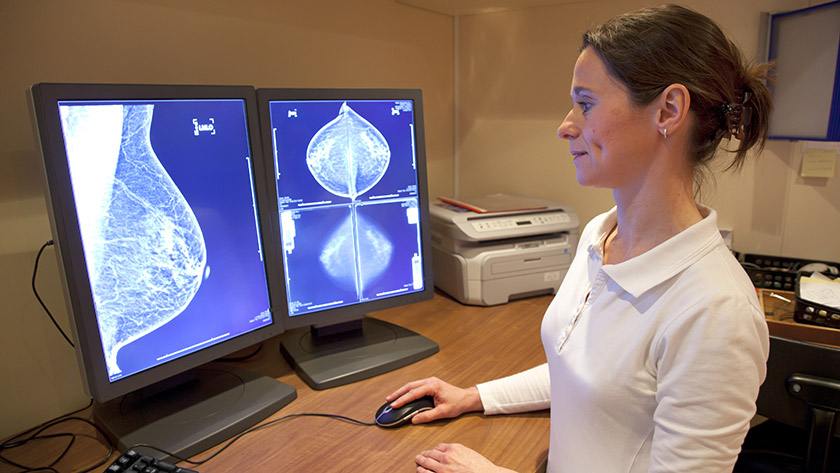
The ability to control key forces that drive biological functioning would be a boon for a number of medical fields. With a focus on breast cancer, an EU-funded project is bringing together different research communities to work towards understanding and controlling cellular mechanics.
Mechanical forces are created inside the body through the action of specific molecular bonds. Being able to control these would enable a giant leap forward in fields such as oncology, regenerative medicine and biomaterial design.
Tapping the potential of cellular mechanics requires the development and integration of a number of disparate technologies. The EU-funded MECHANO-CONTROL project is addressing this challenge, assembling an interdisciplinary team to design and carry out pertinent research. The scientists involved are specifically targeting new ways to impair or abrogate breast tumour progression.
The project’s ultimate aim is to understand and learn to control the full range of cellular mechanics. To do so, scientists need to find new ways to measure and manipulate complex cellular processes – from the nanometre to the metre scale.
At all stages, the MECHANO-CONTROL team is integrating experimental data with multi-scale computational modelling. With this approach, the aim is to develop specific therapeutic approaches beyond the current paradigm in breast cancer treatment.
Going further, the general principles delineated by MECHANO-CONTROL could also have high applicability in other areas of oncology, as well as regenerative medicine and biomaterials. This has the potential to bring new treatments and relief from suffering for many.
Taking it scale by scale
Working at the nanometric, molecular level, MECHANO-CONTROL researchers are developing cellular microenvironments, enabled by substances that mimic naturally occurring cell components.
On the cell-to-organ scale, the team is combining controlled microenvironments and interfering strategies with the development of techniques to measure and control mechanical forces and adhesion in cells and tissues, and to evaluate their biological response.
At the organism scale, researchers are establishing how cellular mechanics can be controlled.
Original piece of news: European Comission Research to help battle breast cancer



